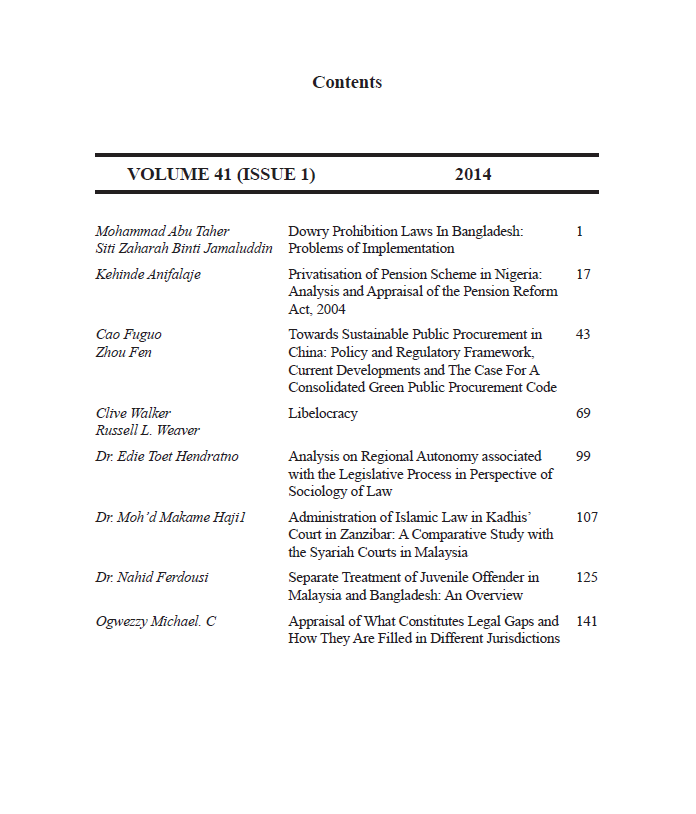Analysis on Regional Autonomy associated with the Legislative Process in Perspective of Sociology of Law
Keywords:
law, reform, indonesia, state, instruments, 32, 2004, Regional, Government, Constitution, Amendment, UUD 1945, Republic of Indonesia, centralized, decentralizedAbstract
The spirit of reform demanded an overhaul of the constitutional system in Indonesia, coloring the utilization of existing state instruments and leading to the integration and execution of duties and functions of the government. Law No. 32 of 2004 on Regional Government is the basis of the implementation of good and clean governance principles (Good and Clean Governance), reflecting the desire of the government to implement good governance in local government administration. After the fourth amendment to the Constitution of the Republic of Indonesia of 1945 (UUD 1945), the concept of a centralized unitary state with political and economic resources under the control of the political elite in the center turned into a decentralized unitary state by giving space to the affected regions to manage their own affairs. Good governance is expressed through the principles of democratization as well as the limitation of power. This principle of separation of power, both horizontally and vertically, is closely related to regional autonomy as expressed through equal relations between central and regional governments.









